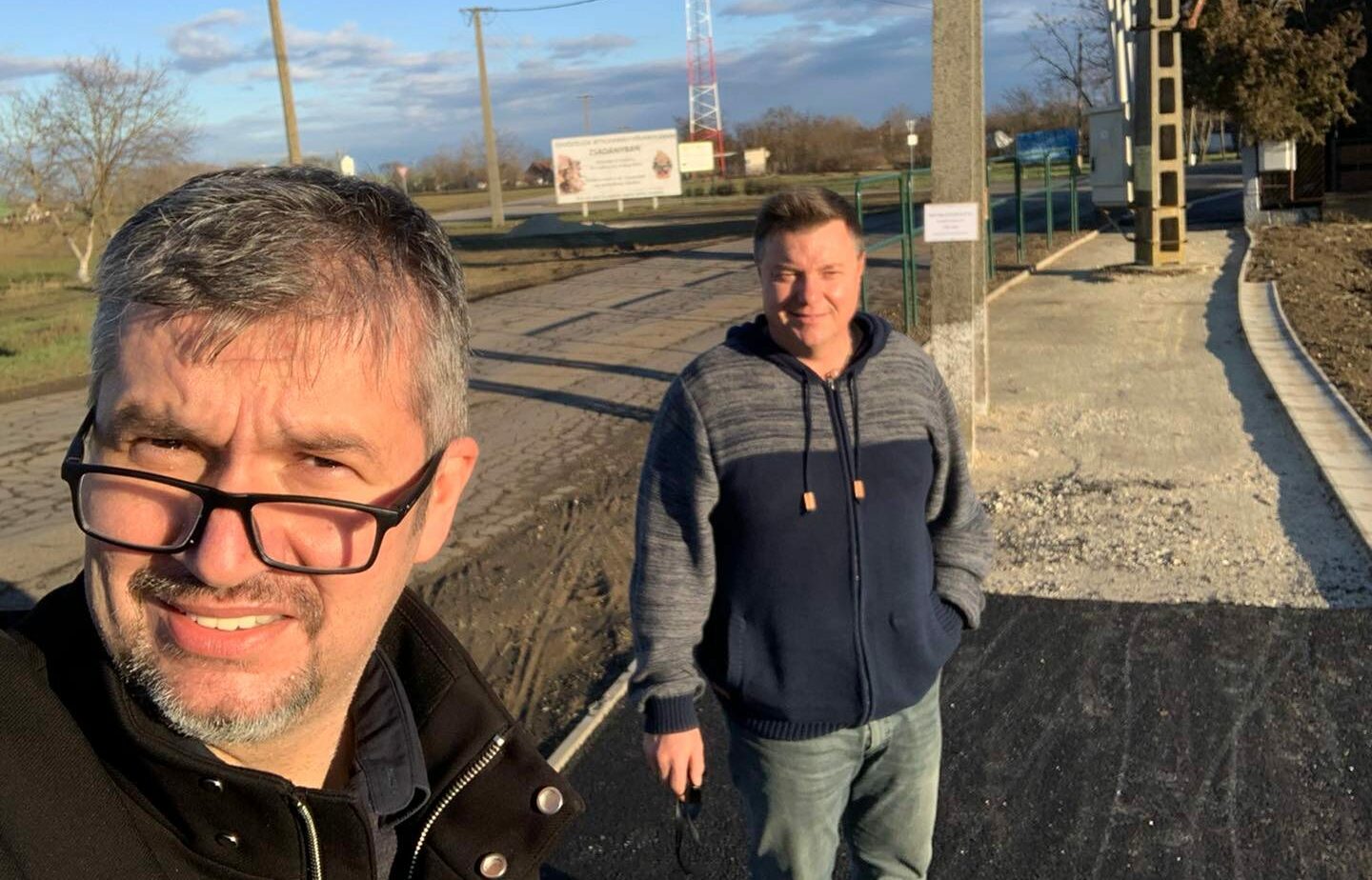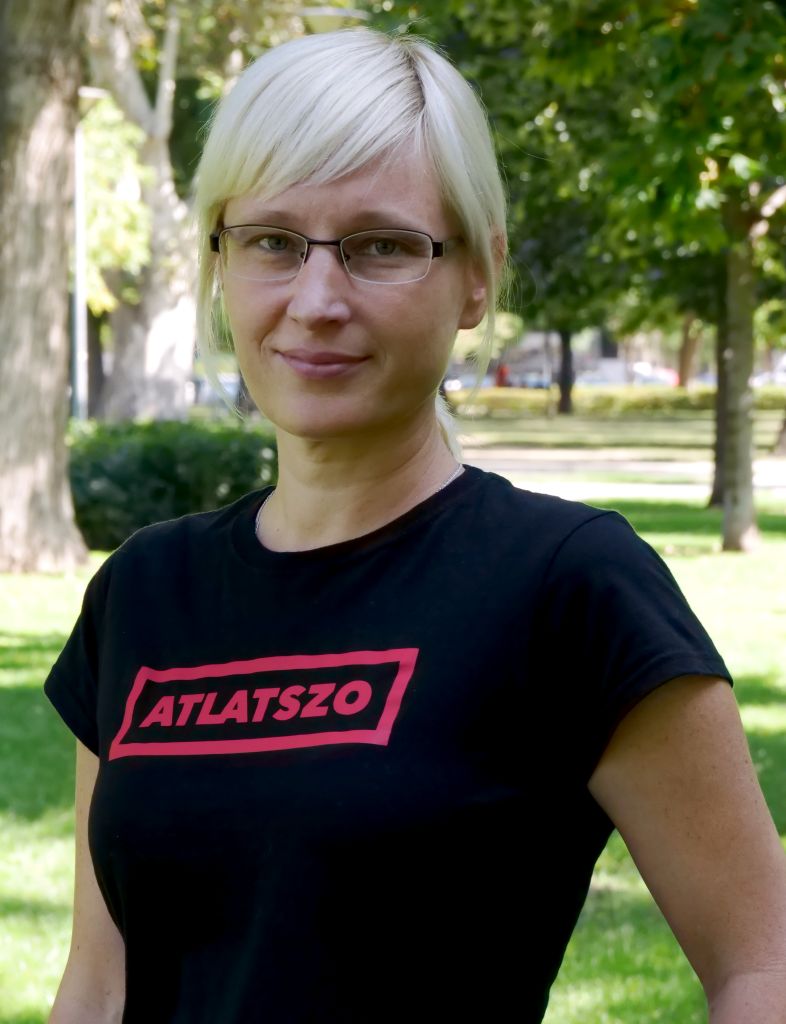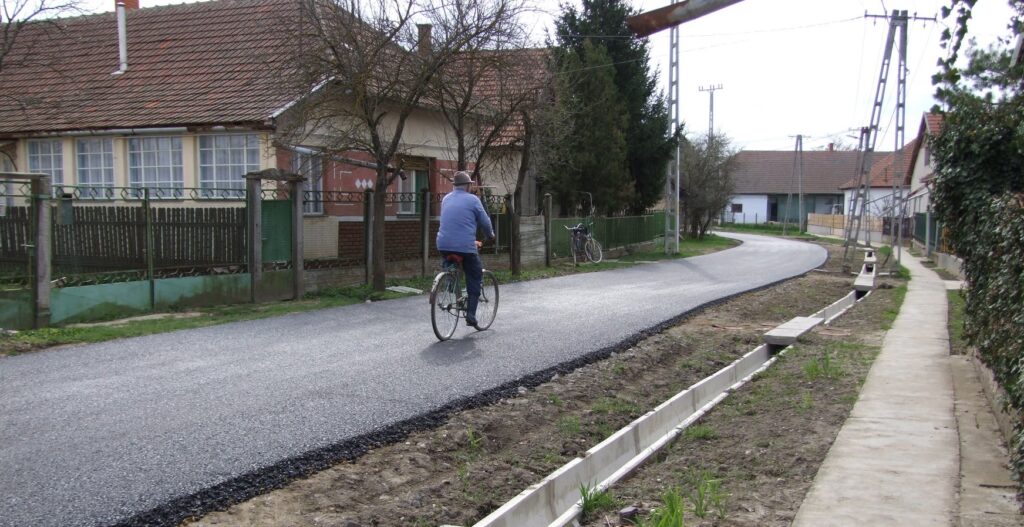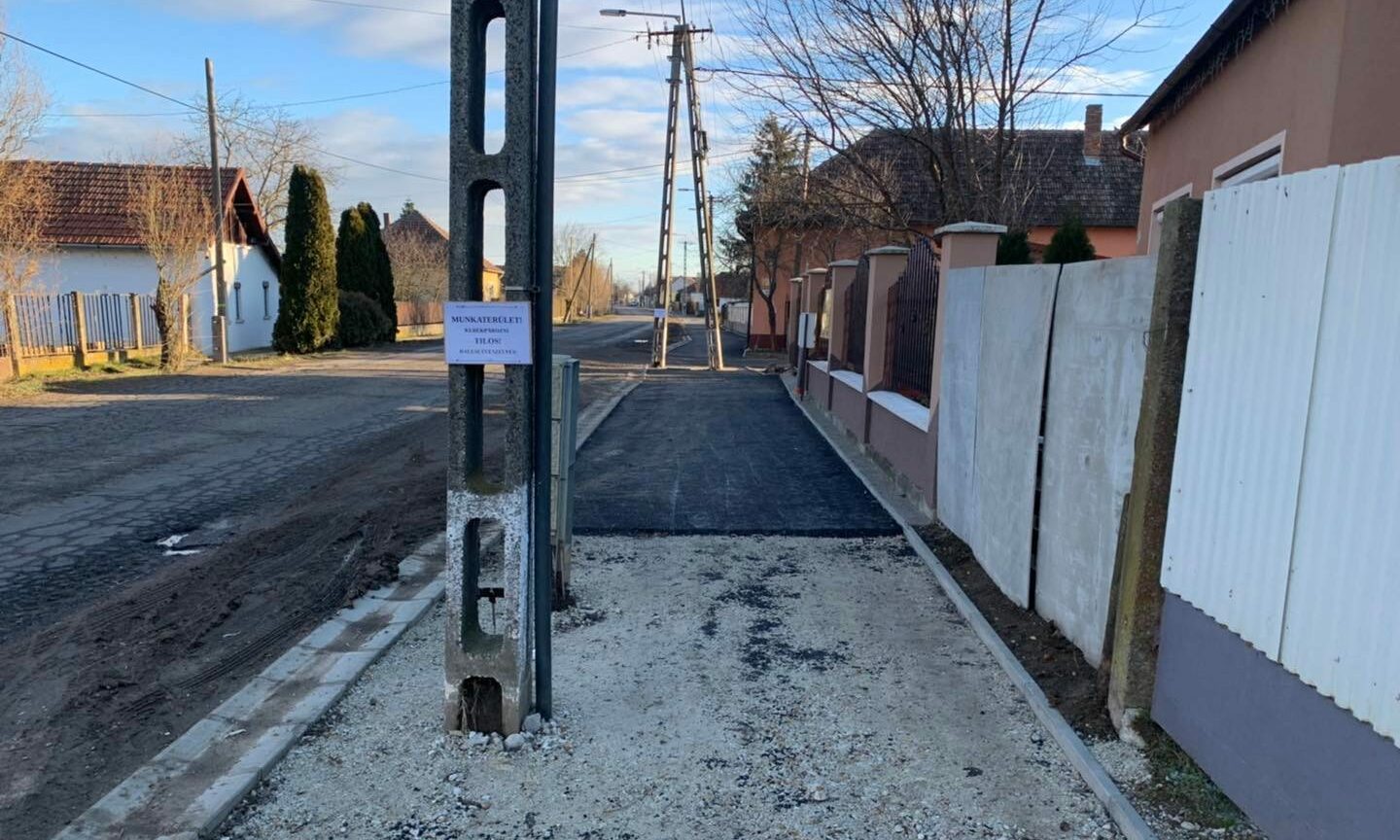The https://english.atlatszo.hu use cookies to track and profile customers such as action tags and pixel tracking on our website to assist our marketing. On our website we use technical, analytical, marketing and preference cookies. These are necessary for our site to work properly and to give us inforamation about how our site is used. See Cookies Policy
Dozens of companies pretended to compete to get EU anticorruption funding
There was a huge competition for a tender worth just HUF 15 million in a small Hungarian village called Zsadány. However, it seems that the competition was fake: many of the more than 30 companies were only competing to get EU funding and did not really want to win the contract. Both the construction of the cycle path and the grant were paid for by the EU, which again suffered financial loss.
K-Monitor has recently analysed the current state of anti-corruption reforms undertaken by the government to disburse withheld EU funds. They also examined the support programme launched to encourage micro, small and medium-sized companies to participate in public procurement. And that’s how an interesting phenomenon was discovered.

They found an unusually high number of bidders in one public procurement procedure for construction: more than 30 bidders in two lots, many of whom were clearly not suitable for the job. However, 29 of the non-winning bidders applied for and were awarded the lump-sum grant of 600 000 HUF per company to encourage their participation in a procurement.
In other words, it seems that many companies applied for the work only to get the fund, and that they had no intention of winning the contract. This in turn raises suspicions of fraud.
Everyone wanted to build a bicycle path
In April this year, the municipality of Zsadány put out a call for tenders for „cycle path completion works”. Although the value of the tender not reach 15 million HUF in total, more than 30 companies applied for the work. In addition to the construction companies, the bidders included livestock breeders, IT specialists and tax consultants.
This in itself is not prohibited by the public procurement law: anyone can submit a bid if they are not in one of the situations that would exclude them, and they meet the conditions set out in the call for tenders. Nevertheless, the events raise suspicions of fraud.
Indeed, the seemingly huge competition is almost completely unrealistic and raises more questions than it answers. One of them is why these companies are bidding to build a cycle path in Zsadány when they are not involved in construction or are based hundreds of kilometres away.
Collective silence
To find out exactly how the public procurement process was conducted, we contacted All-Ready Ltd, acting on behalf of the municipality os Zsadány, and nine non-construction companies among the bidders. No company had responded to our enquiries by the time of publication of our article, and an error message was received from one address.
This collective silence confirms the suspicion that most companies were not bidding independently, but in an organised way, according to a pre-arranged script.
This was done by someone who could have informed a significant number of firms of the funding opportunities and then informed them how to write their applications in such a way that they were valid but not likely to win.
This could explain why the losing bidders submitted bids that were several times overpriced compared to the winning bidders, so that they were sure to lose and not have to do the work. For all this, it is assumed that someone was adequately remunerated for this, while the companies received the 600,000 HUF grant.
More losses than gains
Although the EU and the state have in fact achieved their objective: competition seems to have been boosted and many passive companies used to participate in public procurement, we can still talk more about suspected fraud than about real results.
Moreover, the whole public procurement in Zsadány was worth a net 14.2 million forints, while 17.4 million forints of EU funds were spent on an apparently flimsy „competition”. In other words, it cost the EU 31.6 million forints to complete the cycle path in Zsadány.
It was a mess from the start
This is not the first time that Zsadány has been in the spotlight for the cycle path. In 2021, independent MEP Ákos Hadházy took pictures of the construction site, where electricity poles were in the way of the contractor.

Ákos Hadházy (left) took pictures of the construction for the first time in 2021. Photo credit: Ákos Hadházy
It turned out that the first phase of the EU and nationally funded project, the section between Zrínyi Street and the sports centre, would have been completed by December 2021. However, 11 electricity poles and a transformer station that were on the cycle path’s route were to be relocated. Because of this, the works were not completed on time – and then not on the revised deadline. Árpád Dudás, the mayor of Zsadány, said that the contractor had left the site at 75 per cent completion and had not finished the project.
That is why a new tender (the current one) was launched to complete the construction.
Written and translated by Eszter Katus. More detailed Hungarian version of this story can be found here. Photo: Man cycling in Zsadány. Credit: Árpád Dudás/Facebook


